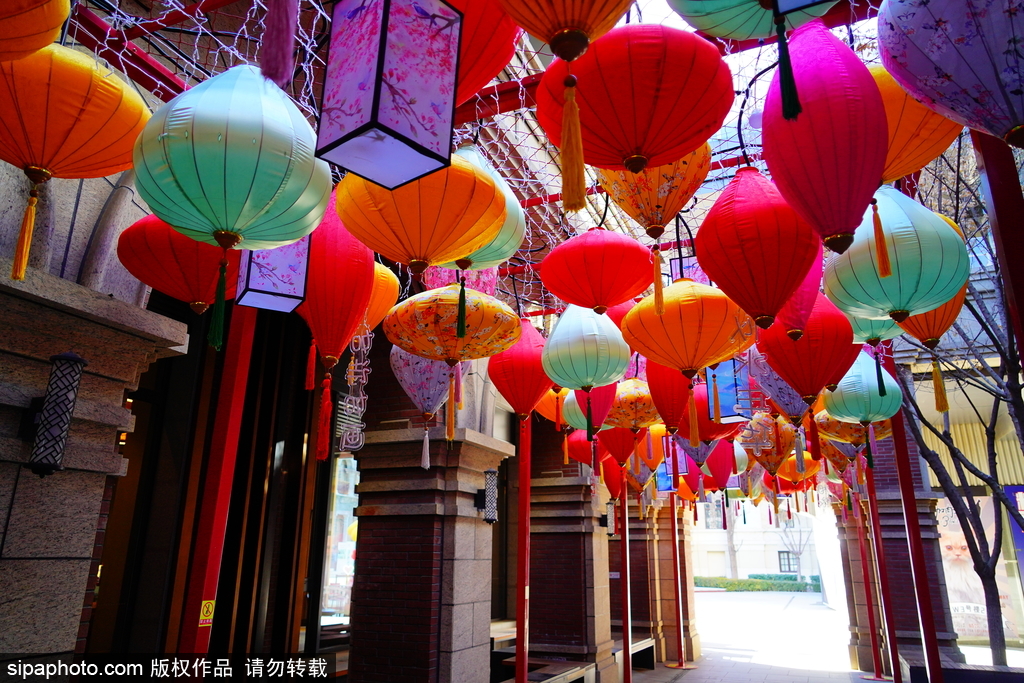
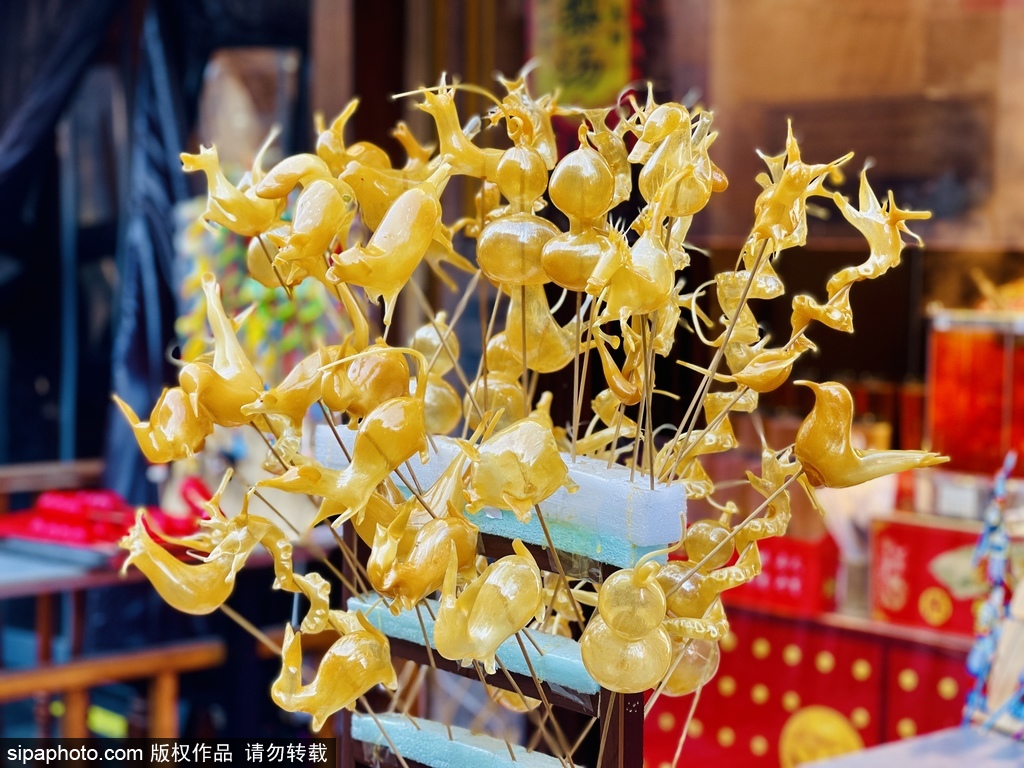
The 23rd day of La Yue (Chinese: 腊月) in north China and the 24th day of the month in south China are the Xiao Nian Festival on the Chinese lunar calendar. Xiao Nian (Chinese: 小年) is also called "Little (Chinese) New Year," symbolizing the start of the Spring Festival.
Customs
Offer sacrifices to Kitchen God (Chinese: 祭灶王; Pinyin: jì zào wáng)
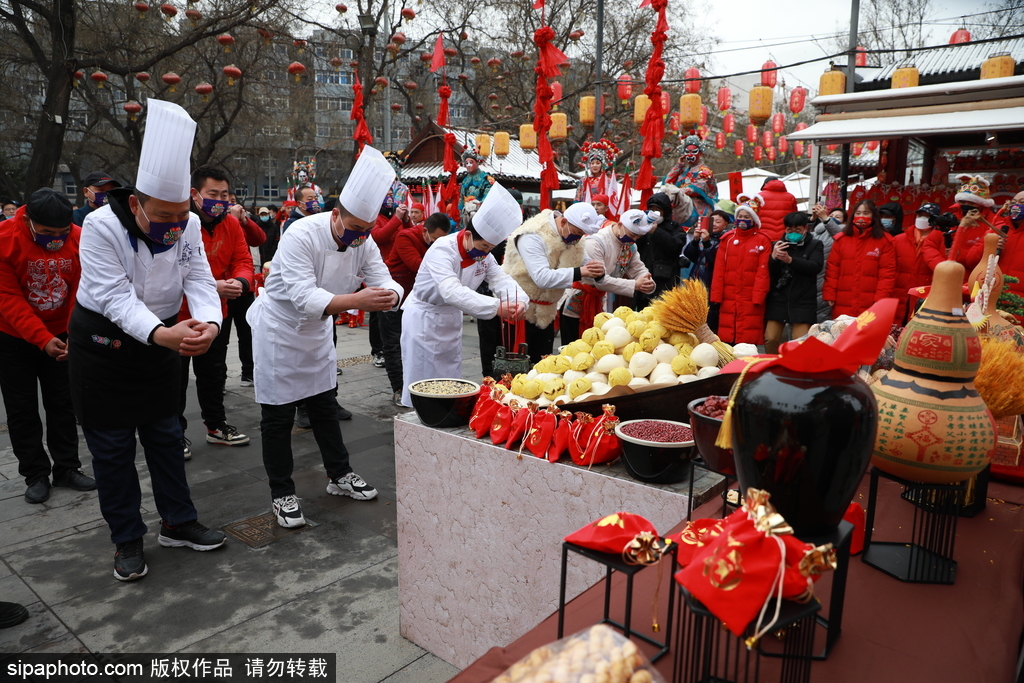
In one of the most distinctive traditions of the Little New Year is the burning of a paper image of the Kitchen God, dispatching the god's spirit to Heaven to report on the family's conduct over the past year. The Kitchen God is then welcomed back by to the home through the pasting of a new paper image of him beside the stove. From this vantage point, the Kitchen God will oversee and protect the household for another year.
Most of the offerings are sweets of various varieties. It is thought that this will seal the Kitchen God's mouth and encourage him to only say good things about the family when he ascends to heaven to make his report.
Eat Guandong candy (Chinese: 吃关东糖; Pinyin: chī guān dōng táng)
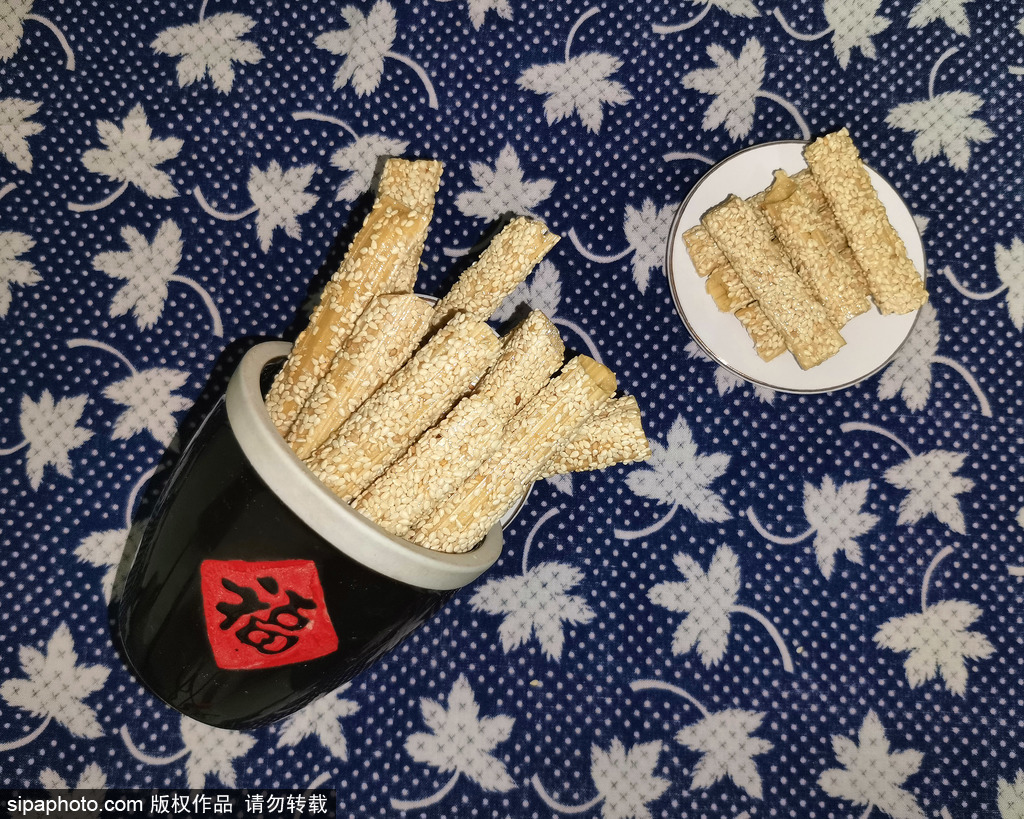
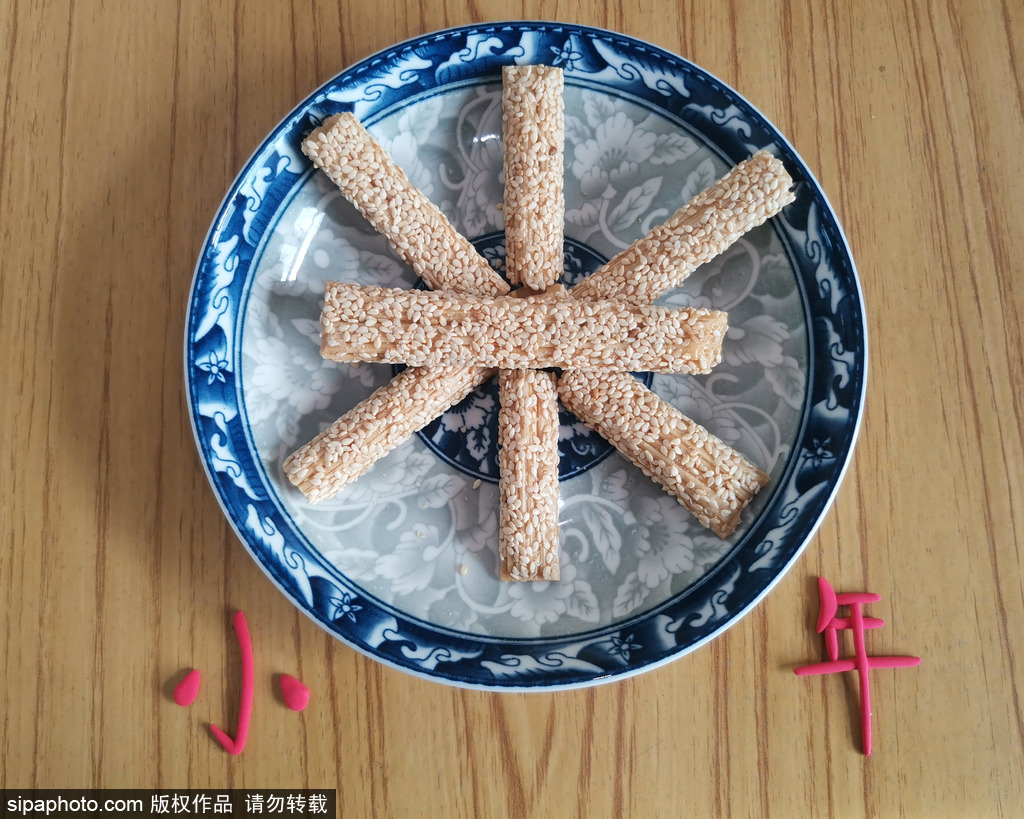
Guandong candy, a sticky treat made out of glutinous millet and sprouted wheat, is a traditional snack that Chinese people eat on the Festival of the Kitchen God.
House cleaning (Chinese: 扫尘土; Pinyin: sǎo chéng tǔ)
Between Laba Festival, on the eighth day of the last lunar month, and Little New Year, on the twenty-third day, families throughout China undertake a thorough house cleaning, sweeping out the old in preparation for the New Year.
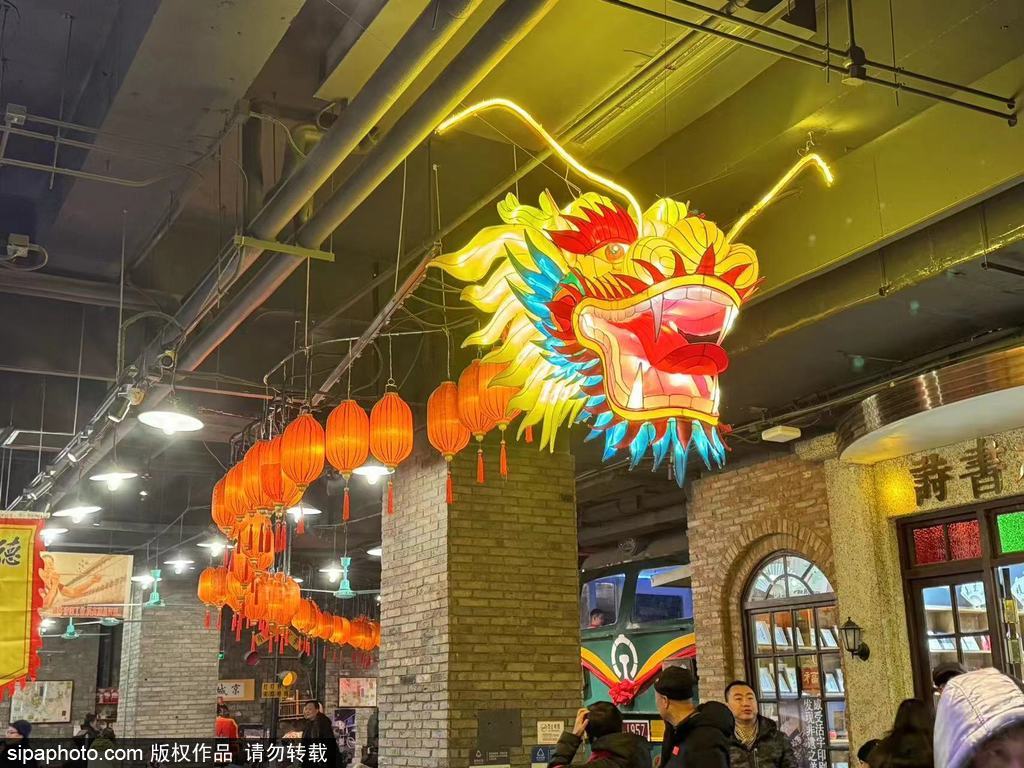
According to Chinese folk beliefs, during the last month of the year ghosts and deities must choose either to return to Heaven or to stay on Earth. It is believed that in order to ensure the ghosts and deities' timely departure people must thoroughly clean both their persons and their dwellings, down to every last drawer and cupboard.
Prepare for Spring Festival (Chinese: 办年货; Pinyin: bàn nián huò)
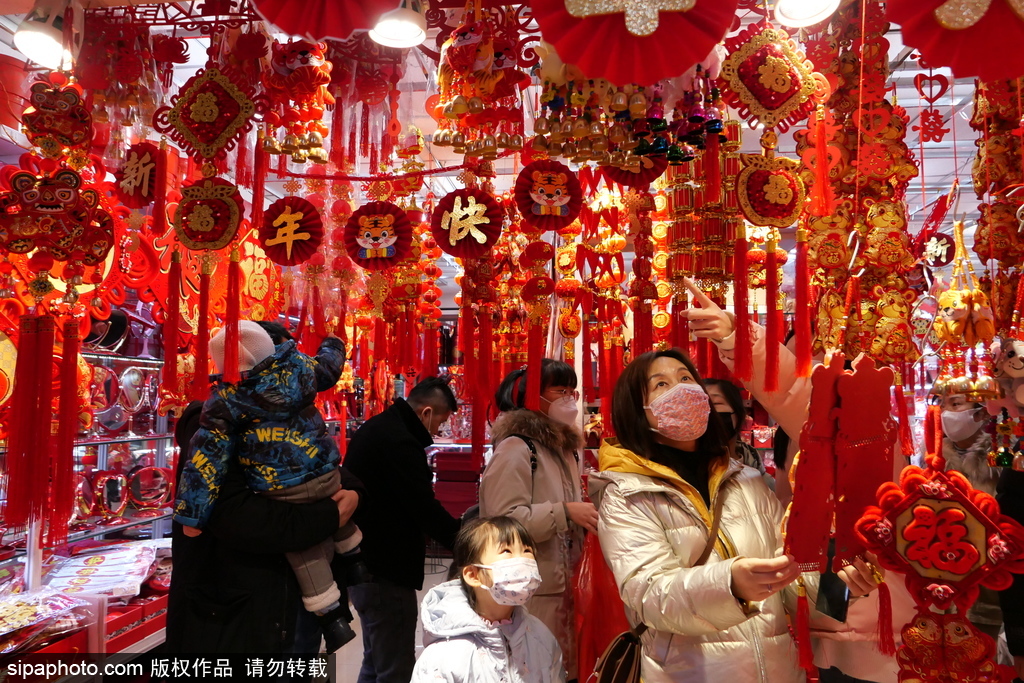
People start to stock up necessary provisions for the Spring Festival since the Little New Year. Everything needed to make offerings to the ancestors, entertain guests, and feed the family over the long holiday must be purchased in advance.
Paste paper-cuts to windows (Chinese: 贴窗花; Pinyin: tiē chuāng huā)
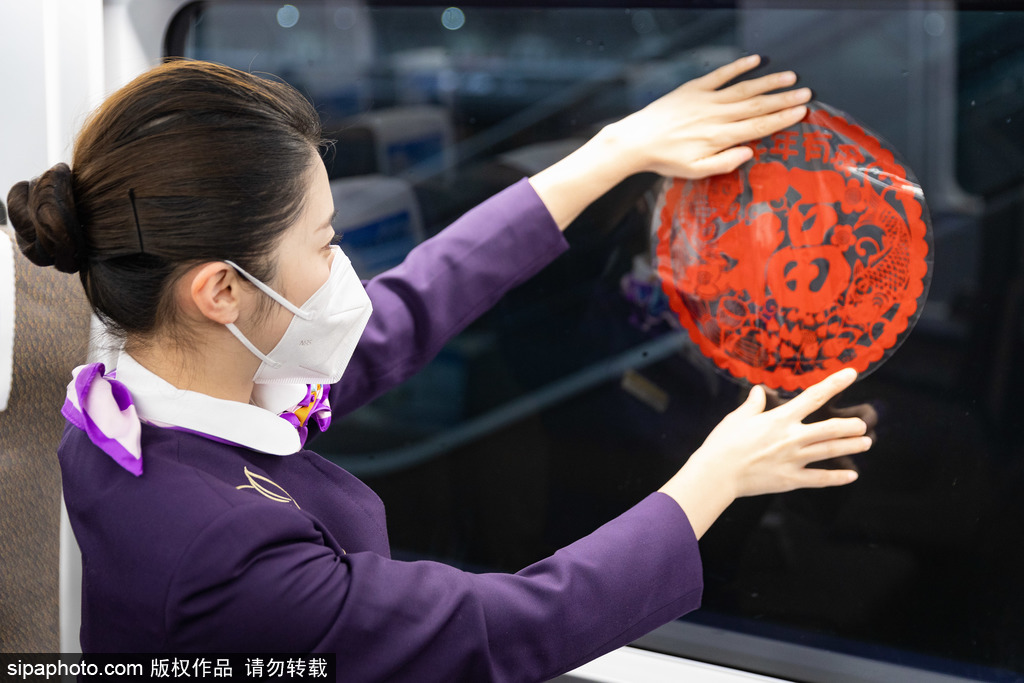
In the Little New Year, old couplets and paper-cuts from the previous Spring Festival are taken down, and new window decorations, New Year's posters, and auspicious decorations are pasted up.



